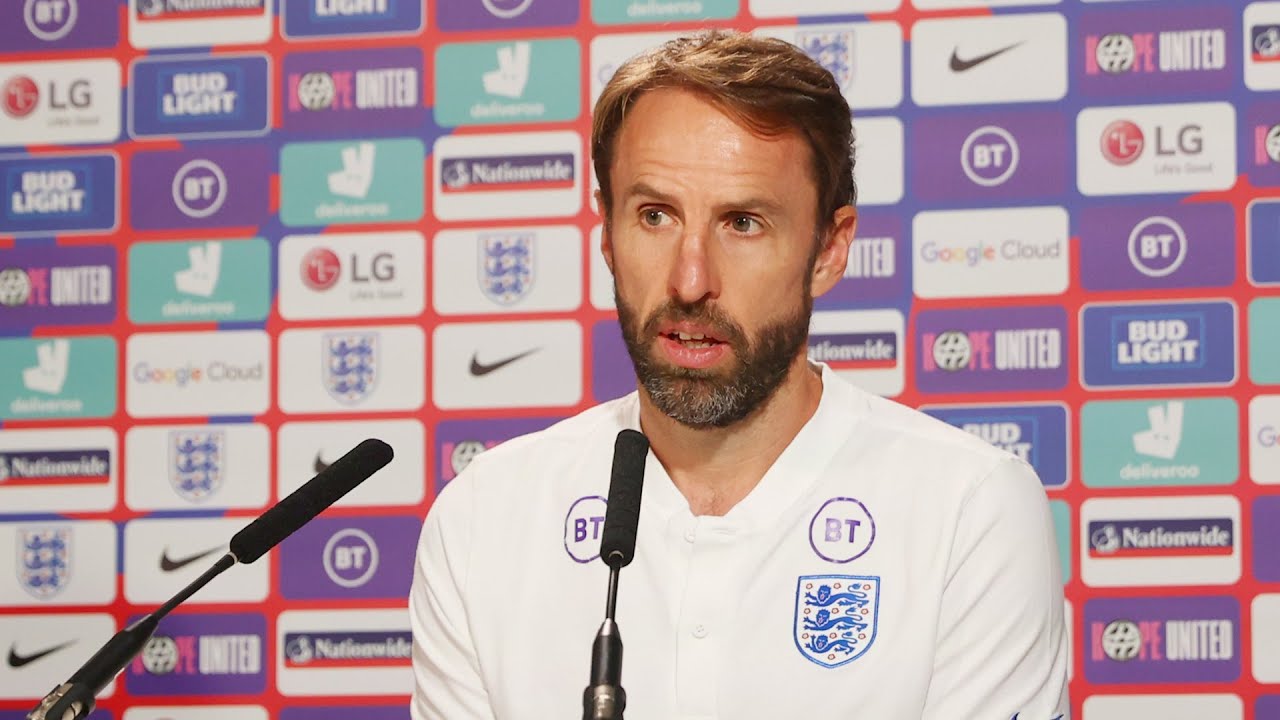Sunday 11th July. The final. Students were out in droves clamouring for an England victory. Never before has an English side in our recent memory grown into a tournament bona fide and showed such tenacity in the face of tough opposing sides. After Luke Shaw’s opener in the second minute, hope that football was coming home swept across the nation. It was only after an equaliser in full-time and the inevitable defeat suffered at the hands of Italian penalties that England’s Euros 2020 hopes were crushed. The dream was all over. Or was it?
England’s performance this Euros started off shakily, but steadily picked up pace, much like a Kyle Walker rescuing run, tracking back to extricate the defence. Defensively unblemished until the final two games, full of youthful attacking potential in the likes of Bukayo Saka, Jadon Sancho and Phil Foden to name a few, England proved the initial doubters wrong, demonstrating that they had the maturity and confidence to seriously challenge at major tournaments. The maturity shown in the final stages of the Denmark game were some of the most beautiful passages of English football I have ever seen. Evidently, hope should remain that Qatar scheduled for winter next year will provide ample opportunity for this bright squad of players to go all the way once more.
Fans recklessly overpowered Wembley Stadium employees on Sunday to gain entry into the national team’s biggest fixture in recent memory
However, this improvement has largely been overshadowed by the events that followed the Italian victory. First-hand reports via video footage came streaming in after the match of mobs of men shoving Wembley Stadium stewards to gain access to the already capped-off 60,000 capacity venue. After a year which has seen Pride marches cancelled, Sarah Everard’s vigil ambushed by police and Black Lives Matter Protests quashed, the acquittal of these privileged members of the public of such insolent behaviour is a startlingly low blow.
Adding insult to injury, three English players Marcus Rashford, Saka and Sancho who took courageous, unlucky long walks to the penalty spot have since been subject to inordinate amounts of abuse. Gareth Southgate, in his latest press statement issued since the final, named the abuse of the three stars ‘unforgivable’. Saka spoke out on Thursday, rightly pointing to the fact that the “powerful platforms are not doing enough to stop these messages”.
Not only were reportedly 1,000 racially abusive tweets removed from Twitter on Sunday night, but the famous Withington mural of Rashford MBE was vandalised by those insensitive members of the British public. Only five people have been arrested after Saka and co. were racially abused online. Boris Johnson has alleged that any England fans guilty of racist abuse from now on will be banned from matches.
However, racist abuse is not always as obvious as a tweet or a mural defacement; it often manifests itself in more covert, malignant forms. Sunday night was not the first time we bore witness to such intellectual depravity this tournament. We all heard the heavy jeering English players received during the Croatia fixture upon taking took the knee for Black Lives Matter, as well as the incessant booing of Scottish, German, and Danish national anthems. Racist attitudes even infiltrated the attitudes of senior government officials such as Priti Patel who had previously labelled the player’s defiant protests “gesture politics”, much to Tyrone Mings’ documented upset.
We must take positives from the England team’s budding performance in what has been one of their most successful and enjoyable collective recent performances on the international stage. However, it is imperative that are not caught sleeping; expunging this more repugnant side from memory would be extremely disadvantageous. The nationalism and patriotism inherent to many English fans’ identities often begets unnecessary hatred. While the wait for the Three Lions to re-initiate training for Qatar 2022 begins, the actions of many fans on the weekend must not be taken lightly. Evidence already suggests that they seriously jeopardized our chances at hosting the World Cup in 2030. If we want the Jules Rimet to remain gleaming, we have to prove to other nations that we have not only what it takes to kick racism and bigotry out of football, but the common human decency to bring back much-needed respect to the sport we know and love.
Header Image Credit: The Telegraph

